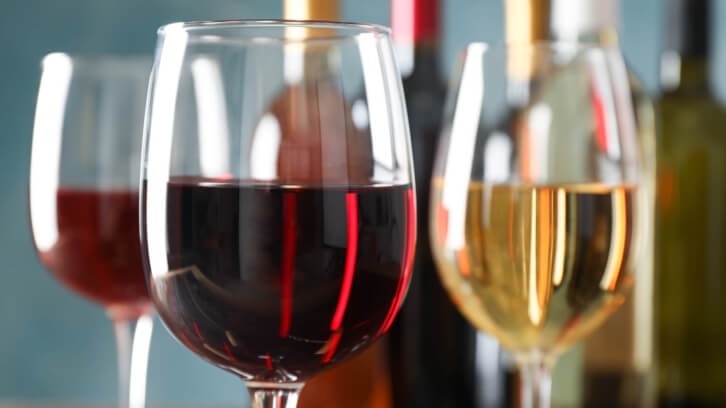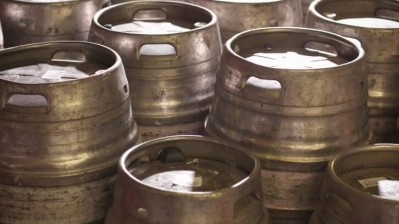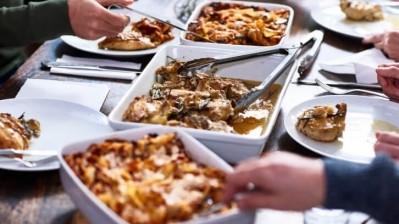Bibendum top wine trends for 2024

According to the latest data from Bibendum, based on analysis from PROOF Insight, pubs focusing on wine premiumisation are “protecting profits despite challenged volumes” as wine drinkers look to treat themselves when buying wine in the on-trade.
In addition, 92% of consumers stated they were more likely to recommend sites where they felt the perceived quality of wine was high.
The report into the top wine trends for 2024 found by-the-glass offerings, price laddering and positioning of key materials were important elements to consider as part of a wine premiumisation strategy.
“With on-trade drinks volume 12% lower than pre-Covid, venues getting the most value out of their wine range is as crucial.
Deepen ties
“Teamed with other macro challenges facing hospitality, including duty reform and the cost-of-living crisis, having an exciting wine list that represents value but also encourages consumers to spend more is even more critical”, the report stated.
Sustainability will also be key for wine drinkers in the on-trade over the next 12-months, though consumers are becoming “detached and distrusting towards corporate pledges”, according to Bibendum.
The report said: “Sustainability accreditation may no longer be enough; consumers want communication on the progress made towards sustainability goals and the impact on the local environment and community.
“This means when listing sustainable wines, mentioning their goals is no longer enough. It's important they are clearly labelled with their environmental progress.”
As purse strings “tighten” wine drinkers also expect to be rewarded for their loyalty, from exclusive membership clubs to loyalty schemes, consumers want to feel “part of a community”, the report added.
Bibendum advised pubs could “deepen ties with their customer base” and tap into this trend by introducing wine clubs, happy hours or exclusive tasting events.
"Alternative sparkling wines, such as English Sparkling wine and Franciacorta that are produced in similar ways, are gaining favour”
Moreover, while premiumisation could be key to protecting profits with wine next year, consumers will be looking for alternatives to luxury wine, such as Champagne, as the cost-of-living crisis continues to bite.
The report explained: “Champagne is experiencing a dip in demand, with a 22% decline in MAT volumes in the GB on-trade.
“This suggests luxury wine may be getting out of reach for many consumers.
“Nevertheless, alternative sparkling wines, such as English Sparkling wine and Franciacorta that are produced in similar ways, are gaining favour.”
When it comes to regions, the premium wine specialist predicted Italian variants from Piedmont and Alto Aidge as well as offerings from Portugal, America and South Africa will be trending in the UK on-trade in 2024.
According to the figures, Portuguese wines are still a niche product in the on-trade, accounting for 0.3% of the MAT still wine volumes, but there are already signs of growth with sales up 7.8% compared to last year.
Repeat visits
Portuguese Vinho Verde had seen a rise in popularity, according to Bibendum, attributed to its “youthful and vibrant acidity”, while its low alcohol content is a plus point for pubs as the serve will incur a lower duty charge under the new system.
In addition, South African Chenin Blanc now appears in at least one out of two venues, with listings growing, while operators have expanded their menus with a variety of wines from the USA this year, including Pinot Noirs from Willamette Valley, and Syrahs from Washington State’s Walla Walla Valley gaining prominence.
Moving to Italy, wines from Piedmont, home to Nebbiolo which produces world-famous Barolos and Barbarescos, and from the alpine region of Trentino-Alto Adige, notably Pinot Grigio, were also key for operators to explore in 2024.
When looking to introduce new wines to the menu, Bibendum urged operators to make the most of data driven tools” to expand their offering based on “demographics”.
The report said: “As AI technology drives greater efficiency for consumers and businesses, there’s an opportunity for hospitality operators to use data-driven tools.
“Adjusting the drinks range based on local demographics and their preferences could help to drive higher rate-of-sale and repeat visits.”







